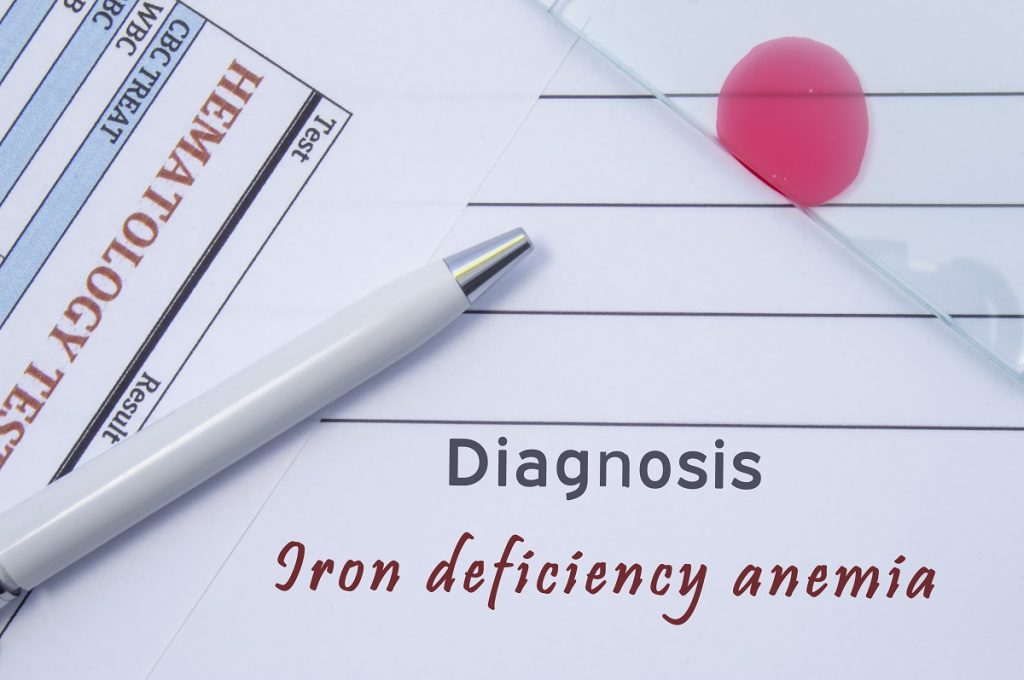- Incorporating iron-rich foods into your diet and staying well-hydrated are crucial aspects of anemia management.
- Regular, moderate exercise can boost energy levels and promote better circulation, aiding anemia management.
- Getting ample sleep each night supports the body’s healing processes, including red blood cell production.
- Regular visits to your healthcare provider are essential for monitoring progress, adjusting treatment strategies, and addressing concerns.
If you are dealing with anemia, it’s paramount to understand that there are less stressful ways to manage this condition. Simple lifestyle changes like a healthy diet rich in iron, routine exercise, and regular check-ups can make a significant difference. Dive into some beneficial strategies to deal with anemia effectively.
Improve your lifestyle.
Embracing a healthier lifestyle is the cornerstone of managing anemia. These are a few habits to add to your routine:
Begin by incorporating iron-rich foods into your diet.
Iron-rich foods are a key component in managing anemia. They enhance the production of hemoglobin, which is crucial for oxygen transportation in the blood. Excellent sources of iron include fish, red meat, poultry, leafy green vegetables such as spinach, iron-fortified cereals, and beans.
However, it’s not just about the amount of iron you consume; it’s equally important to ensure your body can absorb it effectively. Vitamin C aids in iron absorption, so having a glass of orange juice or slices of citrus fruits with your meals can be beneficial.
Be cautious about consuming foods that can inhibit iron absorption, such as coffee, tea, and high-calcium foods, around the same time as your iron-rich meals. It’s advisable to consult with a dietician or your healthcare provider to create an individualized diet plan tailored to your nutritional needs.
Adequate hydration is crucial in managing anemia.
Staying well-hydrated plays an integral role in managing anemia. Water is vital in maintaining the blood volume and preventing dehydration, which can exacerbate anemia symptoms like dizziness and fatigue. Moreover, drinking enough water aids digestion, ensuring the proper absorption of nutrients like iron from your food.
With that said, it’s not just about the quantity, but also the quality of fluids you consume. While water is the best choice, herbal teas and natural fruit juices can also be beneficial. On the other hand, caffeinated drinks and alcohol can have a diuretic effect, potentially leading to dehydration, and should be consumed in moderation.
Discussing the ideal fluid intake for your body needs with your healthcare provider is recommended, considering factors like age, body weight, physical activity level, and overall health condition.
Do regular exercise.

Regular exercise is another crucial element in managing anemia. While it’s important to note that over-exertion can exacerbate anemia symptoms, moderate physical activity can boost your overall energy levels, making you feel less tired. Exercise also promotes better circulation, ensuring efficient oxygen transportation throughout the body.
Activities such as brisk walking, cycling, or aerobics can be beneficial. It’s not about rigorous workouts but consistent, moderate physical activity. It’s vital to listen to your body and not push beyond your comfort level. Start small and gradually increase the duration and intensity of your exercise as you gain stamina.
As always, it’s best to consult your healthcare provider before starting any new exercise regimen to ensure it suits your specific health circumstances. Remember, managing anemia effectively involves a holistic approach that includes diet, hydration, and regular exercise.
Take flavored chewable iron supplements.
Flavored chewable iron supplements offer a practical solution for those who struggle with swallowing pills. They’re often flavored, making them more palatable than traditional tablets. These supplements can play a vital role in managing anemia by bridging the gap between the iron you get from your diet and the amount your body needs to function optimally.
They can enhance hemoglobin production, alleviating anemia symptoms like fatigue and weakness. Remember, effective management of anemia is a multi-faceted approach, involving a healthy lifestyle, proper hydration, regular exercise, and potentially, the addition of iron supplements.
Try to get ample sleep each night.

Getting adequate sleep each night is crucial when managing anemia. Sleep plays a significant role in the body’s healing and recovery process. During these resting hours, the body performs many vital functions, including producing red blood cells. Therefore, ensuring you have quality sleep can support your body in maintaining healthy hemoglobin levels.
Moreover, good sleep can also help manage symptoms of fatigue and weakness often associated with anemia. Maintaining a regular sleep schedule and creating a comfortable sleep environment is recommended to promote better sleep quality.
This may include minimizing screen time before bed, keeping your bedroom quiet and dark, and ensuring your bed and pillows are comfortable. In tandem with a healthy diet, proper hydration, regular exercise, and supplementation where necessary, sufficient sleep is a key element in the holistic approach to managing anemia effectively.
Schedule regular visits to your healthcare provider.
Regular visits to your healthcare provider are essential in managing anemia effectively. These check-ups allow for monitoring your condition and adjusting your treatment strategy. Your healthcare provider can track your hemoglobin levels, assess the effectiveness of your dietary changes, exercise regimen, hydration, and use of supplements, and make appropriate recommendations.
It’s also an opportunity to discuss any concerns you may have or symptoms you’re experiencing. Regular blood tests can reveal any changes in your condition early, allowing prompt intervention. These visits provide an essential platform for communication, ensuring your care is personalized to your needs. Consequently, regular check-ups with your healthcare provider are critical to a comprehensive anemia management plan.
Each step towards a healthier lifestyle contributes to your overall well-being and helps manage anemia. As you embark on this journey, remember the importance of regular visits to your healthcare provider to monitor your progress. Anemia may be a part of your life, but it doesn’t define it. Take charge today and live your life to the fullest.






